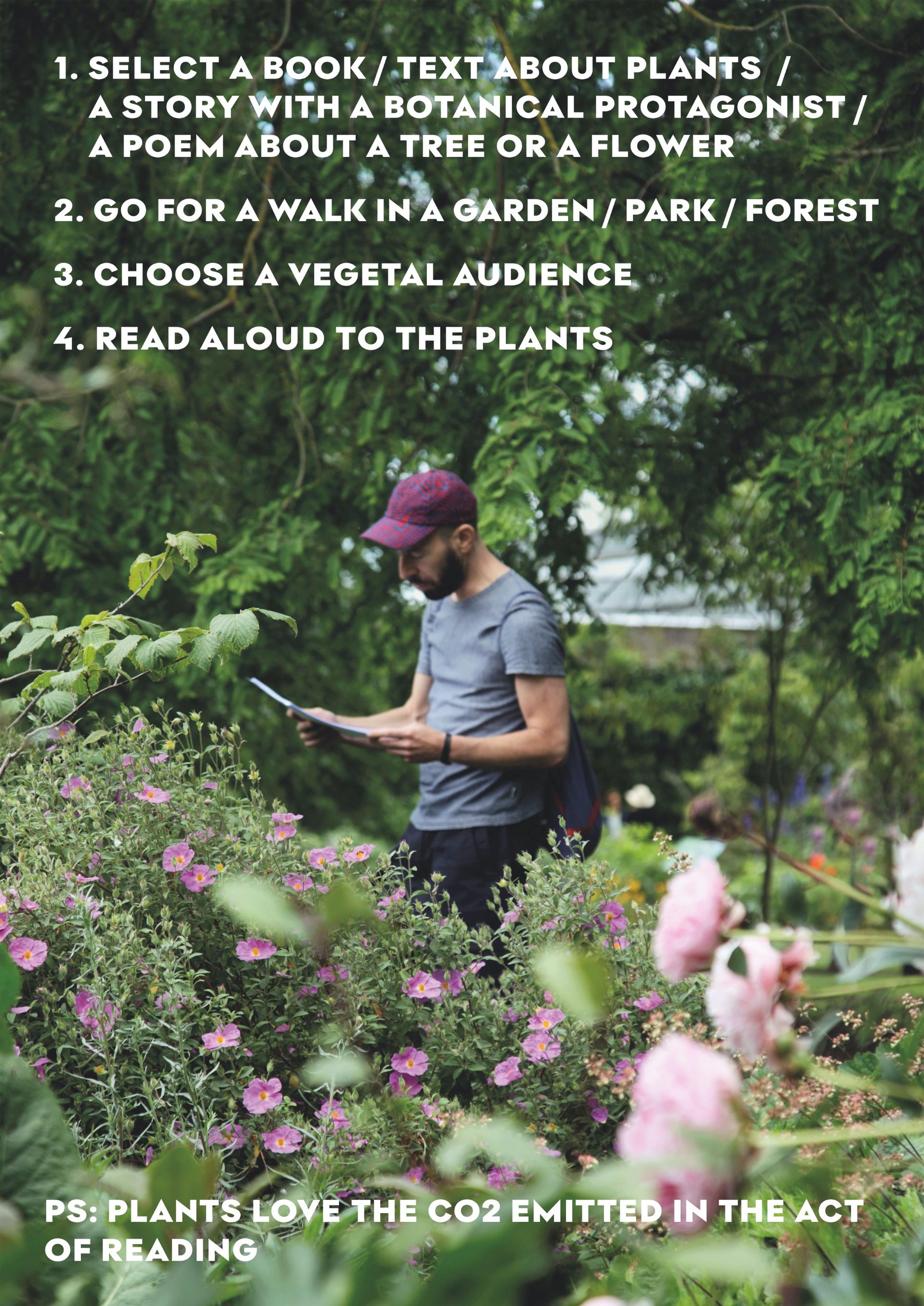Uriel Orlow
Uriel Orlow (1973) lives and works in London and Lisbon. His practice is research-based, oriented towards a multidisciplinary process that includes film, photography, drawing, and sound in video works, lecture performances and modular multimedia installations, which focus on specific places and micro-histories where different image regimes and narrative modes intermingle. Uriel Orlow's work focuses on the residues and aftermath of colonialism, the spatial manifestations of memory, the blind spots of representation, and plants as political actors.
Fun Fact
Several experiments have been attempted to understand whether music could have an effect on plant growth. Some studies tend to show that plants grow better with jazz or classical music, while more energetic music, such as rock or metal, would have the opposite effect. Obviously, much remains to be done to confirm these effects, but some market gardeners are already using this method in their greenhouses with apparently positive results.
Call to Action
The effects of human-caused noise pollution seep into the structure of these forest communities. Animals like the scrub jay are sensitive to noise and learn to avoid certain areas. Trees are not directly disturbed by noise; it is actually an indirect effect via wildlife (birds) that disperse their seeds. Noise reduces this dispersal capacity and permanently altersthese ecosystems. When one of the links in the chain is disturbed, such as bird behavior modified by noise, the entire ecosystem is affected and ultimately the trees. If the trees are no longer able to regenerate on their own, we prevent these species from adapting to climate change.
Riddle
What term describes the phenomenon where plants respond to distress signals from their fellow plants?
A. Photosynthesis
B. Phytocommunication
C. Mycorrhiza
D. Pollination
Instruction
